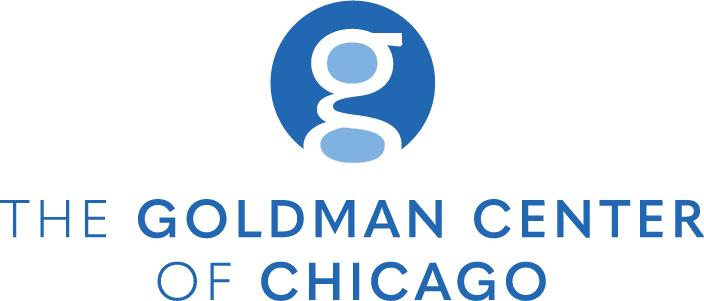Speech and language delays occur when a child isn’t developing their language and communication skills at the typical rate. Speech and language delays are a fairly common occurrence in young children in the early stages of their development. Many children who experience a speech or language delay will catch up to a developmentally appropriate level, but sometimes a delay is a sign of a greater underlying issue. It is important to understand the difference between a speech delay and a language delay, as well as to know when these delays may be indicative of another developmental disorder.
Speech delay: A speech delay refers to when a child is struggling to produce the speech sounds and fluency that is expected for their age. For example, a child with a speech delay may have difficulty with the articulation or pronunciation of words or sounds. This can include difficulties with certain letter sounds, such as /r/ and /l/ sounds, or difficulty forming sounds physically in the mouth due to a developmental muscular delay.
Children who have difficulty with coordinating oral motor movements for speech may also experience difficulty feeding, such as issues with swallowing or chewing, due to a lack of oral coordination involving the tongue, lips, and other oral muscles.
Language delay: A language delay refers to when a child has difficulty developing the ability to give and receive verbal and nonverbal communication at the developmentally appropriate rate. Whereas a speech delay affects a child’s ability to produce speech, a language delay impedes a child’s ability to understand and communicate through verbal and nonverbal communication. For example, older children with language delays may struggle to follow directions, such as, “Close the book and put it back on the shelf.” Younger children who experience language delays may present with challenges creating two- to third-word utterances to form early sentences expected of toddlers.
Getting help: If you believe your child may have a speech and/or language delay, it may be beneficial to discuss your concerns with your pediatrician. As mentioned above, speech and language delays are not uncommon in young children, and many will grow out of them with some assistance by parents and therapists. A pediatrician will be able to determine whether further intervention is required to treat a delay. A pediatrician may recommend that a child see a speech-language pathologist (SLP) for a comprehensive language assessment and speech therapy. SLPs can work with children to strengthen their verbal and nonverbal communication skills and give parents recommendations to help mediate a child’s difficulties at home.
Do you have questions about your child’s speech and language or other developmental skills? Contact the Goldman Center to speak with one of our specialists: (773) 998-8500.
References:
Rev. by Harnett, Julia K., “Delayed Speech or Language Development.” KidsHealth, Nemours, 2019, https://kidshealth.org/en/parents/not-talk.html.
“Delayed Speech or Language Development.” Health Library: Johns Hopkins All Children’s Hospital, Johns Hopkins Medicine, 2020, https://www.hopkinsallchildrens.org/Patients-Families/Health-Library/HealthDocNew/Delayed-Speech-or-Language-Development.









